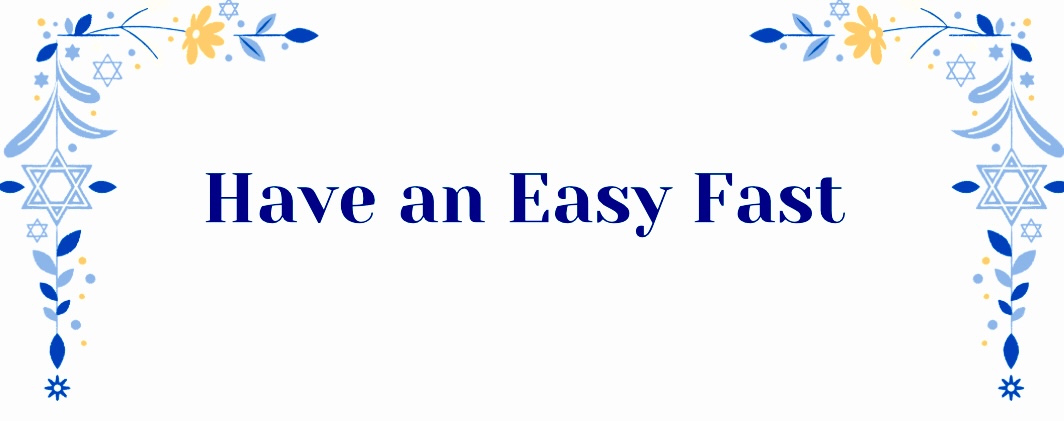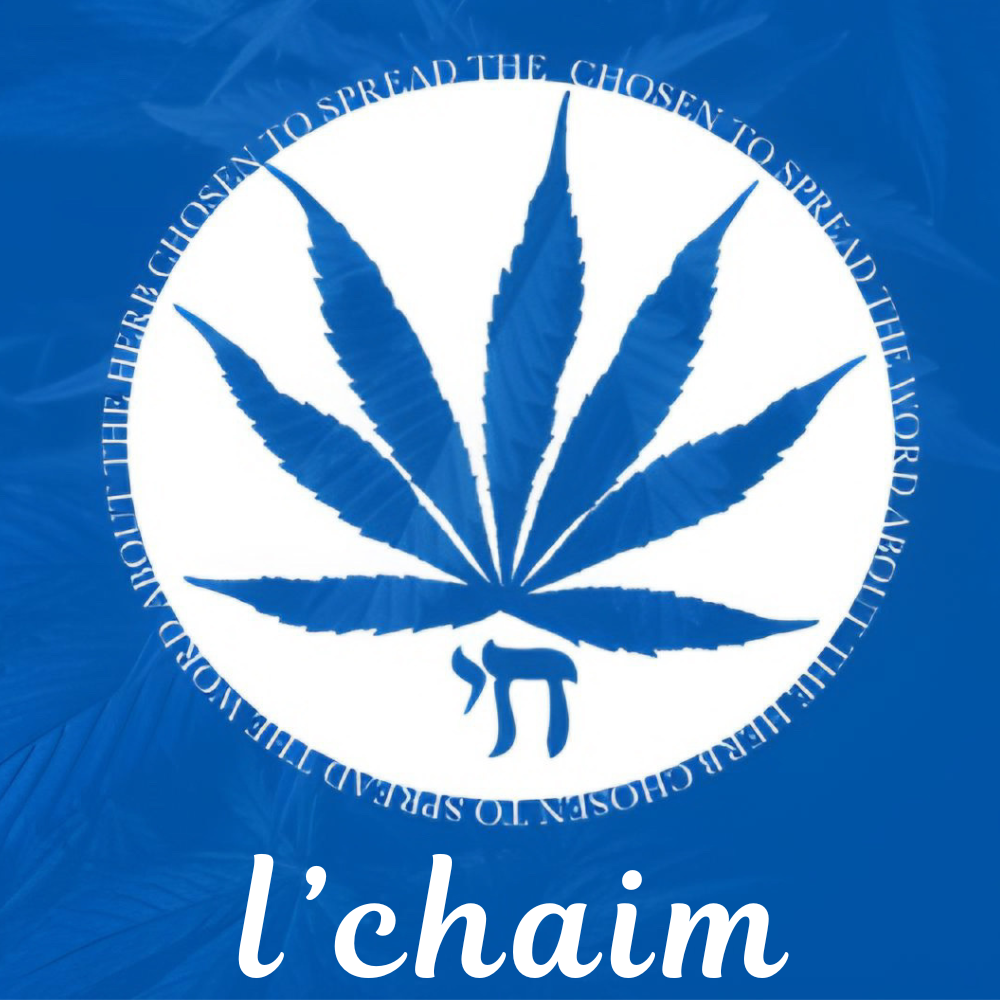Yom Kippur is not exactly a holiday that we look forward to, observed by not-eating while we spend the day consumed with critical self-inquiry about the harms we inflicted over the past year, but have yet to admit to ourselves or apologize for.
However, Yom Kippur happens to be my favourite Jewish ritual because it illustrates where Judaism departs from what is known as the “Kantian tradition,” or the view of ethics introduced by the German philosopher Immanuel Kant (1724–1804) that I found so disturbing in graduate school.

According to this tradition, white men can affirm the purity of their souls after determining that the logic they use to justify their actions is perfectly sound, free of contradiction. According to Kant, this is not an option for women, Jews or Black people (anywhere), for they aren’t fully rational—a fact my professors dismissed as irrelevant to assessing the value of his theory (at a fancy-schmanzy grad school).
In stark contrast, we can imagine the Jewish position as a scene in which Yom Kippur (now personified) responds to a young Kantian who just discovered his pure soul:
“Oh really, you think you’re so special? If you don’t know how you harmed people over the past year, it’s because you haven’t thought hard enough, but instead use logic to defer your shame.
It’s not a question of ‘if’ but who you harmed while you were too busy praising your beautiful mind to feel any empathy for those who suffer from your lack of sensitivity to their pain.
When you insist ‘Their pain doesn’t matter but only what I intended to do!’ you sound like a child—not yet Bar Mitzvahed—who has never taken responsibility for how his actions affect others.
Your concern with logical consistency cannot ‘stand in’ for accountability and you are not ‘pure’—look who thinks he’s the Holy One!— but certainly inflict more harm with your solipsistic view of morality than Jews who go to shul to admit they are human and fallible, and acquire the humility to beg forgiveness to those they have harmed.”

And she be right. As my teenage self at a Jewish Day School, I would complain with my peers about the illogic of fasting on Yom Kippur (“how are we supposed to repent when we’re starving?”), in the hallways and out of earshot from our Rabbi-teachers, an underground yeshiva we thought was really rebellious.
It only took me 30 years to see why we were wrong, or why being hangry is the ideal condition for self-reflection on Yom Kippur. It’s impossible to believe in the conceit of pure reason when your holy introspection is constantly interrupted by the hunger of missing a single meal; you feel shame for every occasion in which you justified your failure to help another who was in pain or needed food.
As the Jewish community suffers from a relentless tide of antisemitism, Yom Kippur brings the welcome reminder that no one can lay claim to a pure soul or perfect knowledge, and it’s certainly not Jewish to do so.
This Yom Kippur I plan to moderate my use of cannabis to manage my anxiety on the only day it serves a mitzvah, and helps me fulfill my Jewish duty to empathize with someone I have harmed. I still consume in order to focus on the things I usually try not to think about, but not so much that I feel too content with myself, and start to space out in shul.

In order to stay connected with the Canna-Jewish community, sign up to receive The Canna-Jewish News delivered right to your inbox. To learn more about the role of cannabis in the Jewish tradition, check out our new online course The Jewish Relation to Cannabis, sold with the Yeshiva Subscription to Cannabis Jew Magazine.
Please consider contributing to our capital campaign to support the operational costs of Cannabis Jew Magazine, ensuring we can continue serving as a strong Jewish voice in the cannabis press.







